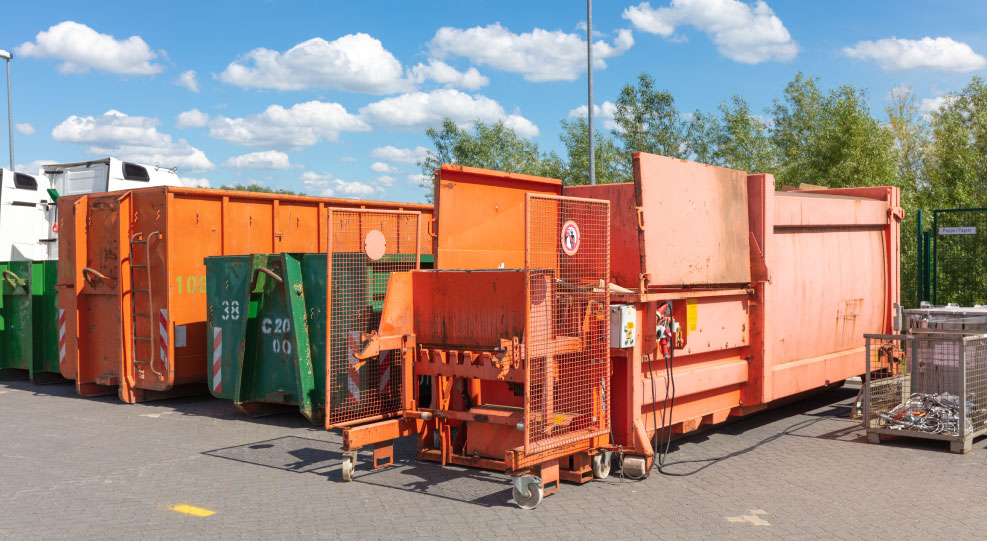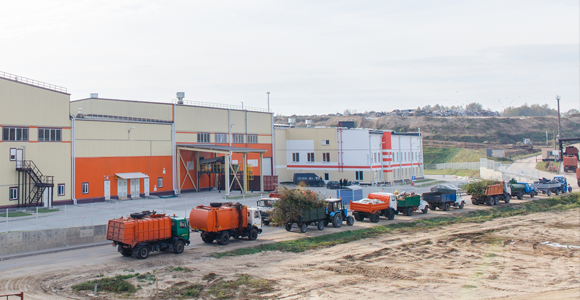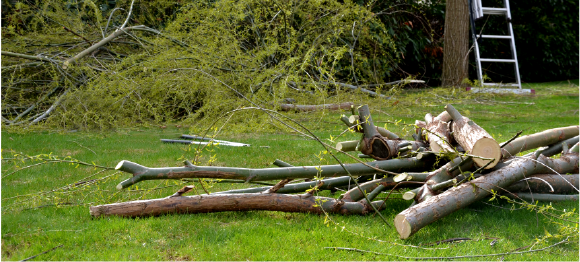
Updated April 1, 2024
Waste management is a crucial aspect of running a business, regardless of its size or industry.
Efficient waste disposal not only helps maintain a clean and organized workspace but also plays a significant role in reducing operational costs and environmental impact.
Two primary waste management solutions for businesses are commercial trash compactors and traditional dumpsters. In this article, we will delve into the differences, advantages, and disadvantages of each option to help you determine which is better for your business.
Jump to:
- Understanding Commercial Trash Compactors
- Understanding Commercial Dumpsters
- Choosing the Right Option for Your Business
Find trash compactor services near you
Understanding Commercial Trash Compactors
Commercial trash compactors are machines designed to compress and compact waste materials into smaller, more manageable units. They come in various sizes, from small, portable compactors suitable for restaurants to large, industrial-sized compactors used by manufacturing facilities.
Here's a detailed look at the pros and cons of using commercial trash compactors:
Advantages of Commercial Trash Compactors
-
Space Efficiency: One of the primary benefits of compactors is their ability to reduce the volume of waste. This results in a significant space-saving advantage, making them ideal for businesses with limited space or those looking to optimize their waste storage areas.
-
Reduced Frequency of Collection: Compactors can hold a large amount of waste in a compacted form. This means fewer trips by waste collection services, leading to cost savings in terms of collection fees and reduced environmental impact from transportation.
-
Odor and Pest Control: Compactors are generally more effective at containing odors and deterring pests due to their sealed design, which prevents waste from being exposed to the open air.
-
Enhanced Aesthetics: Businesses that prioritize a clean and organized appearance will appreciate the tidy and contained nature of trash compactors.
-
Environmental Benefits: By reducing waste volume, compactors contribute to reducing landfill usage and the associated environmental harm.
Disadvantages of Commercial Trash Compactors
-
Initial Cost: Commercial trash compactors can be expensive to purchase and install, which may deter some businesses from adopting this solution.
-
Maintenance Requirements: Like any machinery, compactors require regular maintenance to ensure they operate efficiently and reliably.
-
Limited Recycling Options: Some compactors may not be suitable for recycling, which can be a concern for businesses that prioritize sustainability.
Keep reading: Find the Right Commercial Trash Compactor for Your Business
Find trash compactor services near you
Understanding Commercial Dumpsters
Traditional commercial dumpsters are large waste containers that are emptied by waste management companies on a scheduled basis. They are available in various sizes to accommodate different business needs. Let's explore the advantages and disadvantages of using traditional dumpsters:
Advantages of Traditional Commercial Dumpsters
-
Lower Initial Cost: Dumpsters are generally more affordable to acquire and install compared to trash compactors, making them an attractive option for small businesses with budget constraints.
-
Versatility: Dumpsters are suitable for various types of waste, including recyclables and organic materials, allowing businesses to implement recycling programs easily.
-
Easy to Maintain: Dumpsters are relatively low-maintenance and do not require specialized servicing compared to compactors.
Disadvantages of Traditional Commercial Dumpsters
-
Space Requirements: Dumpsters take up a significant amount of space, which can be problematic for businesses with limited outdoor space.
-
Higher Collection Frequency: Due to their limited capacity, dumpsters may require more frequent waste collection, leading to higher collection costs and increased environmental impact.
-
Odor and Pest Issues: Dumpsters are more susceptible to odors and pest problems due to their open design.
-
Aesthetically Unpleasing: Traditional dumpsters can be an eyesore, potentially negatively impacting the image of your business.
-
Less Efficient Space Utilization: Dumpsters may not make the best use of space since they do not compact waste, potentially necessitating larger waste storage areas.
Read more: Choosing the Right Commercial Dumpster Service: What to Look for in a Waste Management Provider
Choosing the Right Option for Your Business
The choice between commercial trash compactors and traditional commercial dumpsters depends on various factors specific to your business. Here are some considerations to help you make an informed decision:
Space Availability
If you have limited outdoor space, a trash compactor may be a more space-efficient choice.
Waste Volume
If your business generates a large volume of waste, a trash compactor can reduce the frequency of waste collection and save on costs.
Budget
Consider your budget constraints; traditional dumpsters are generally more budget-friendly initially.
Recycling Goals
If you prioritize recycling, dumpsters may provide more flexibility for separating recyclables from general waste.
Aesthetics
Think about how the waste management solution will affect the appearance of your business, especially if you have customer-facing operations.
Environmental Impact
Consider your environmental goals and how each option aligns with sustainability efforts.
Local Regulations
Check local regulations and zoning laws that may dictate the type of waste management system you can use.
Find commercial dumpster services near you
In conclusion, the choice between commercial trash compactors and traditional commercial dumpsters is not one-size-fits-all. Each option comes with its set of advantages and disadvantages. To determine the best fit for your business, assess your specific needs, budget, space constraints, and sustainability goals.
By carefully evaluating these factors, you can make an informed decision that optimizes waste management efficiency while aligning with your business objectives. Remember that waste management is not just a cost but an opportunity to enhance your business's overall sustainability and operational effectiveness.


